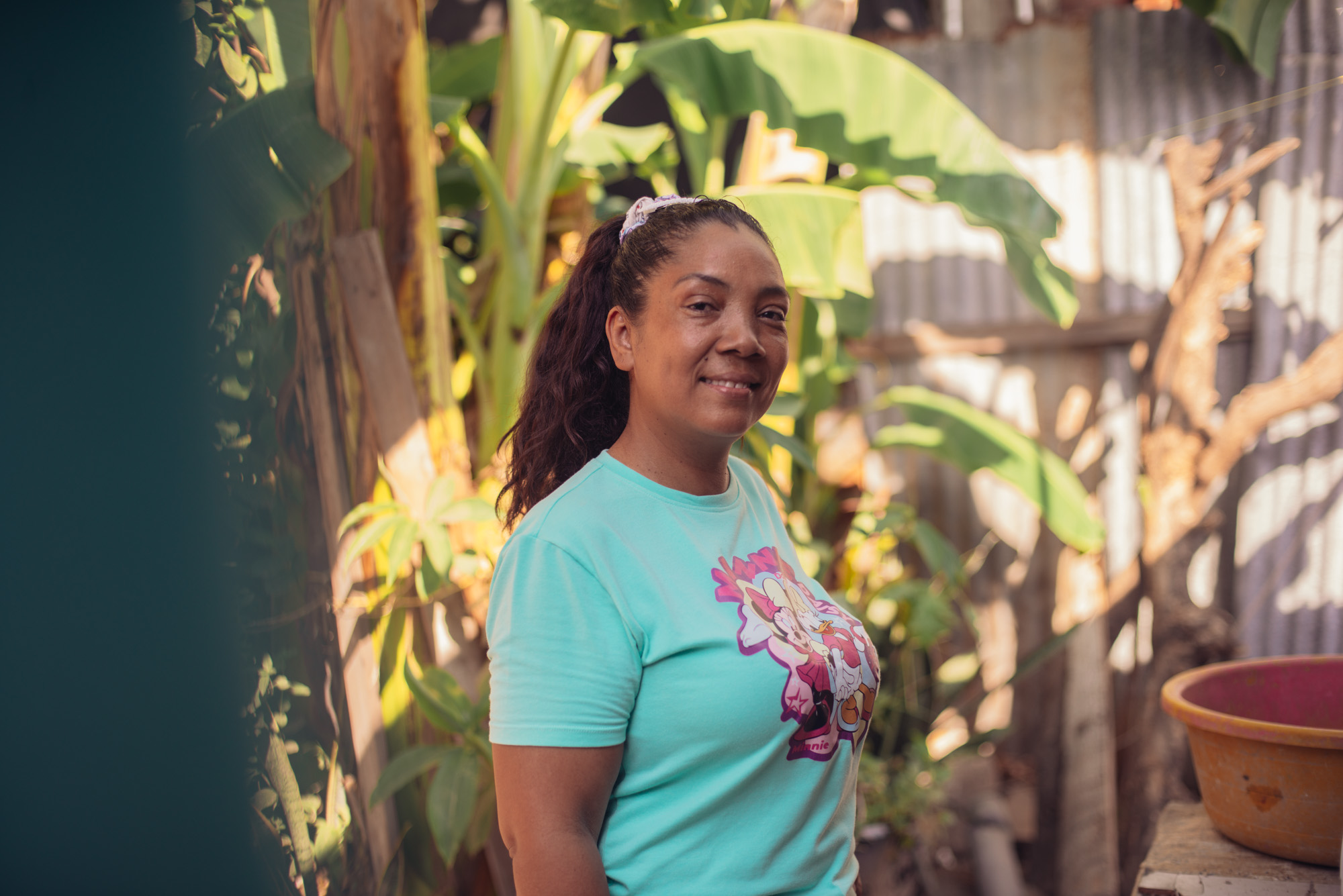By | Gina Cárdenas and Matteo Grazzi
Senior Specialists – Competitiveness, Technology & Innovation Division, IADB
In Latin America, a great disparity remains between women and men in the STEM fields, which are fundamental for innovation and productivity. Although women have achieved significant progress in their participation at the highest levels of education, they are still underrepresented in these fields. This problem is exacerbated at the highest levels of the academic and professional hierarchies, as well as in the private sector. For example, the proportion of women researchers in engineering and technology varies from 20% in Peru to 26% in Colombia and 38% in Uruguay. This gap extends to the field of digital and innovative entrepreneurship, where women seeking access to resources and opportunities face constant challenges. As a result, only 5% of startups in the region are founded only by women, in contrast with the 85% founded only by men.
This situation is the result of a whole set of factors. Firstly, gender stereotypes remain a significant barrier for women in the technology and entrepreneurial sectors. For example, recent studies have shown that these stereotypes are still very present in our societies, even among younger generations. Fewer than 5% of high school students think it’s appropriate for women to work in STEM fields that are considered hard sciences (such as exact sciences, engineering, or computer science), whereas over 50% consider it appropriate for men. Furthermore, difficulties in achieving a balance between a professional career and unpaid care and housework responsibilities, the lack of female role models or mentors in these fields, and biases in the design and implementation of entrepreneurship support programs also contribute to this. disparity.
Generally, women in the region tend to have less information about real funding options for financing their ideas for technological ventures and perceive stricter risk aversion from proposal evaluators, which means their business growth opportunities come second. This perception is supported by facts: to date, only 2% of the tech startups that have received institutional funding come from all-female teams, whereas 69% come from all-male teams. Thus, it is not surprising that business owners tend to prefer men over women in senior management positions, given that financial markets make it difficult for women to obtain financing for their projects.
At IDB, we are committed to transforming the reality. For example, since 2013, our platform WeXchange has been a motor for stimulating the potential growth of women STEM entrepreneurs in the region. Through an annual forum, we provide female entrepreneurs with networking opportunities, access to mentors and investors, and specialized training. We are also aware that the effective integration of the gender perspective in the design and implementation of entrepreneurship support programs is not an easy task. For this reason, in 2023, we launched two pilot accelerator programs focused on female digital entrepreneurs. These programs aim to generate practical and actionable knowledge about the topic at hand and strive to break down barriers and pave the way for a future where female leadership becomes the norm for digital enterprise, on equal footing with the men.
Transforming the Entrepreneurial Experience in Uruguay
In Uruguay, we teamed up with ANII (National Agency for Investigation and Innovation) and Pro Mujer’s Gender Knowledge Lab to reimagine how to integrate the gender perspective in their flagship program, Experiencia Emprendedora, for the first time. In order to do this, we meticulously curate the content and adapt the language associated with the program and its training courses while taking gender into account. We also conduct specialized training and awareness workshops for diverse audiences and provide personalized support to 15 women-led digital startups, empowering them to flourish as innovative, dynamic, and scalable companies.
FemLab – Elevating Female Entrepreneurship with a Tech Attitude in Peru
On the other hand, in Peru, with UTEC Ventures (Center for Entrepreneurship and Innovation of the University of Engineering and Technology) and Proinnóvate (National Program for Technological Development and Innovation), we launched FemLab, a pilot accelerator program for female startup founders in Peru. With over 170 applications from 7 regions of the country, we selected 16 entrepreneurs to embark on a unique 9-week journey focused on pitch training, leadership, product development, and finance for startups, which included technical guidance, personalized mentoring, networking with investors, presentations from ecosystem experts, and more. The pilot ended successfully in November 2023, but its impact and legacy continue to resonate in the community.
What we Learned to Continue Improving
We have drawn valuable lessons from these experiences in promoting inclusive digital and innovative entrepreneurship ecosystems.
- Effective and inclusive communications: It is fundamental that communication in the program be clear, direct, and empathetic, designed with the purpose of reaching women entrepreneurs. The meticulous curation of messages, images and references ensures that they feel identified and supported.
- Inclusion of female role models and allies: Having the active participation of successful female founders and investors, as well as male allies, enriches the experience and offers diverse perspectives. The diversity of voices in workshops and panels creates an inclusive and representative environment. Furthermore, gender gaps are systemic and require the involvement of all actors in the ecosystem, not just women entrepreneurs.
- Directly addressing the gender gap: It is necessary to highlight and directly address the issue of the gender gap, focusing on the specific challenges that women entrepreneurs face on their paths to success. Each phase of the accelerator program must address these needs from a gender perspective.
- Adaptability and convenience for participation: Although virtuality offers flexibility, it is essential to offer additional conveniences for women entrepreneurs who face limitations in regard to their schedules or location, as well as caretaking responsibilities. Covering travel expenses, lodging, and access to childcare services at in-person events can facilitate their participation and contribute to greater inclusion.
- Design centered on women entrepreneurs: The program should be designed with the specific needs and responsibilities of women entrepreneurs in mind, prioritizing flexible schedules and offering session recording options for their convenience. The inclusion of women entrepreneurs in decision-making demonstrates a genuine commitment to their well-being and success.
Let’s empower the visionaries of Latin America and build a present together, where digital and innovative entrepreneurship ecosystems are universally inclusive.




